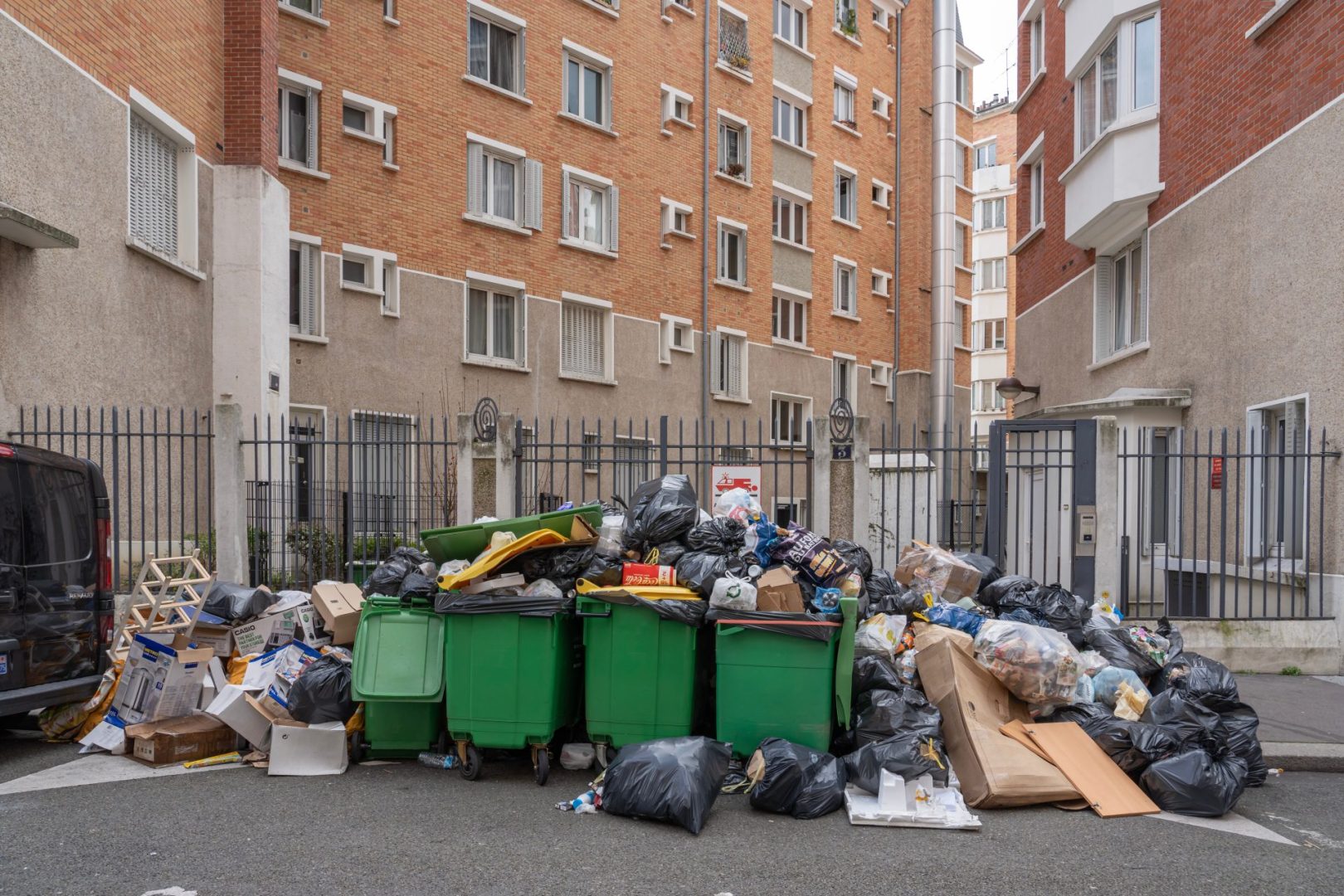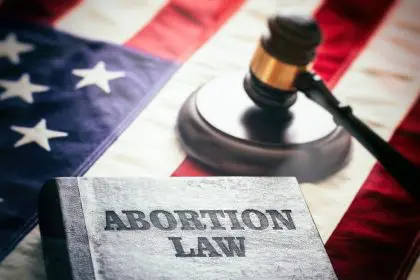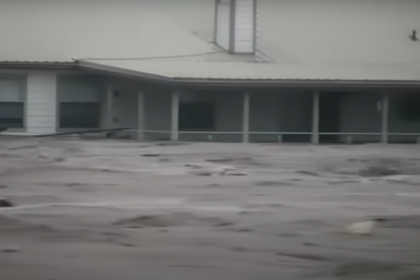Philadelphia residents can finally breathe a sigh of relief as the city’s largest municipal union reached a tentative agreement with Mayor Cherelle Parker, officially ending an eight-day strike that brought essential city services to a grinding halt. The deal promises significant pay increases for 9,000 workers while restoring normalcy to trash collection, pool operations, and other vital services.
The breakthrough came after marathon negotiations that lasted through the night, with both sides reaching an agreement before sunrise Wednesday morning. AFSCME District Council 33 represents workers across multiple city departments, from police dispatchers and crossing guards to airport maintenance staff and sanitation workers who handle weekly trash pickups throughout Philadelphia.
Mayor Parker announced that regular trash collection will resume Monday, providing welcome news to residents who have been dealing with overflowing garbage bins and crowded drop-off sites for over a week. The city had established temporary collection points, but many neighborhoods struggled with unsanitary conditions as trash piled up during the work stoppage.
1. Workers secure substantial pay increases
The tentative agreement includes 3% annual raises over a three-year contract period, along with a new fifth step in the salary scale providing an additional 2% increase for qualifying union members. This salary scale enhancement takes effect immediately, benefiting half of DC 33’s membership right away.
By the contract’s end, 80% of union members will qualify for the step increase, representing a significant victory for workers who had been seeking better compensation. Mayor Parker emphasized that union members will receive a total of 14% in pay increases during her first term, exceeding what previous mayors have offered.
The deal also includes a $1,500 bonus in the first year, sweetening the package for workers who endured the financial strain of striking. The city estimates the total cost of the agreement at $115 million, which Parker’s administration describes as both fair and fiscally responsible.
2. Strike disrupted daily life across Philadelphia
The work stoppage affected far more than just trash collection, touching nearly every aspect of city life. Seventeen public pools were drained and closed during the strike, leaving families without recreational options during the summer heat. Library services were suspended, street maintenance came to a halt, and various city departments operated with skeleton crews.
The strike’s impact extended beyond city services when major entertainers pulled out of the July 4th Wawa Welcome America concert. Headliner LL Cool J announced he would not cross picket lines to perform, followed by fellow headliner Jazmine Sullivan, dealing a blow to the city’s Independence Day celebrations.
Philadelphia International Airport maintenance workers also participated in the strike, though flight operations continued. The work stoppage highlighted how deeply municipal workers are woven into the fabric of daily life in America’s sixth-largest city.
3. Negotiations proved contentious and emotional
The path to agreement was far from smooth, with talks stopping and starting multiple times throughout the week. Union President Greg Boulware expressed mixed feelings about the final deal, stating there was an agreement “unfortunately” and emphasizing that the city needs to do better by its workers.
Mayor Parker became emotional during her victory announcement, thanking her negotiating team and acknowledging the intense nature of the process. She recognized that healing time would be needed after such contentious negotiations, but expressed confidence in the city’s ability to move forward.
The absence of union representation at Parker’s press conference highlighted lingering tensions between the sides. Despite reaching an agreement, the relationship between city leadership and union officials remains strained after the difficult negotiation process.
4. Original demands fell short of expectations
DC 33 initially sought 8% annual pay increases over four years, representing a 32% total increase that would have significantly boosted worker compensation. The city had countered with 7% over three years, averaging just 2.33% annually, setting the stage for the prolonged dispute.
The union had also requested a 15% wage increase over three years, meaning 5% raises each year. The final tentative agreement provides 9% over three years, falling short of union expectations but representing a compromise both sides could accept.
Court orders during the strike forced workers in critical services like the medical examiner’s office, water department, and police dispatch to return to work. These interventions helped maintain essential city functions while negotiations continued.
5. Residents react with mixed emotions
Philadelphia residents expressed both relief and skepticism upon learning about the tentative agreement. Many had grown frustrated with overflowing trash bins and the inconvenience of hauling garbage to temporary drop-off sites scattered throughout the city.
Some residents supported the workers throughout the dispute, believing they deserved better compensation for essential city services. Others worried about the financial impact on city coffers and whether the increased labor costs would affect other municipal services or require tax increases.
The strike’s end brings immediate relief to neighborhoods that had been dealing with unsanitary conditions around trash collection sites. However, the tentative agreement still requires ratification by union members, meaning the final outcome remains uncertain.
City pools are expected to reopen by Monday as maintenance staff return to work and begin refilling the 17 facilities that were drained during the strike. The timing couldn’t be better for Philadelphia families seeking relief from summer heat and looking forward to resuming normal recreational activities.


















